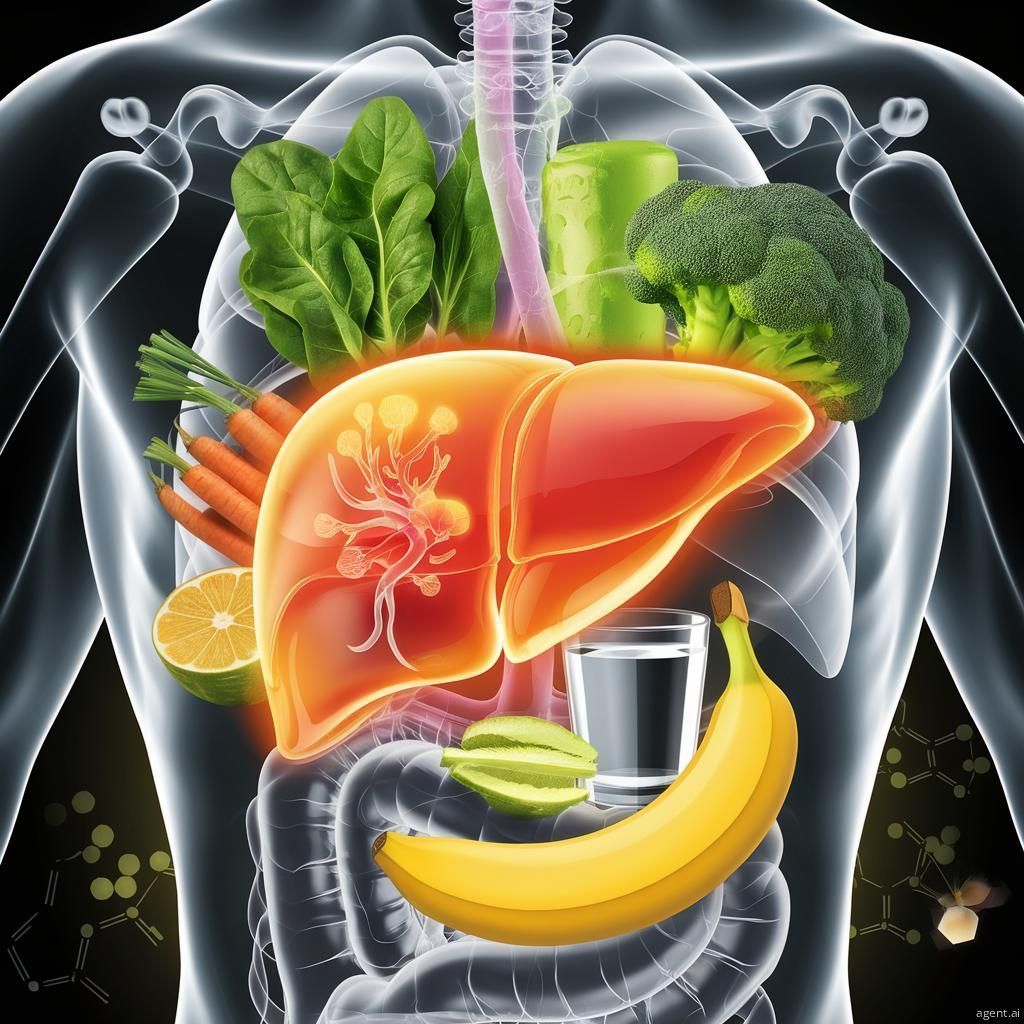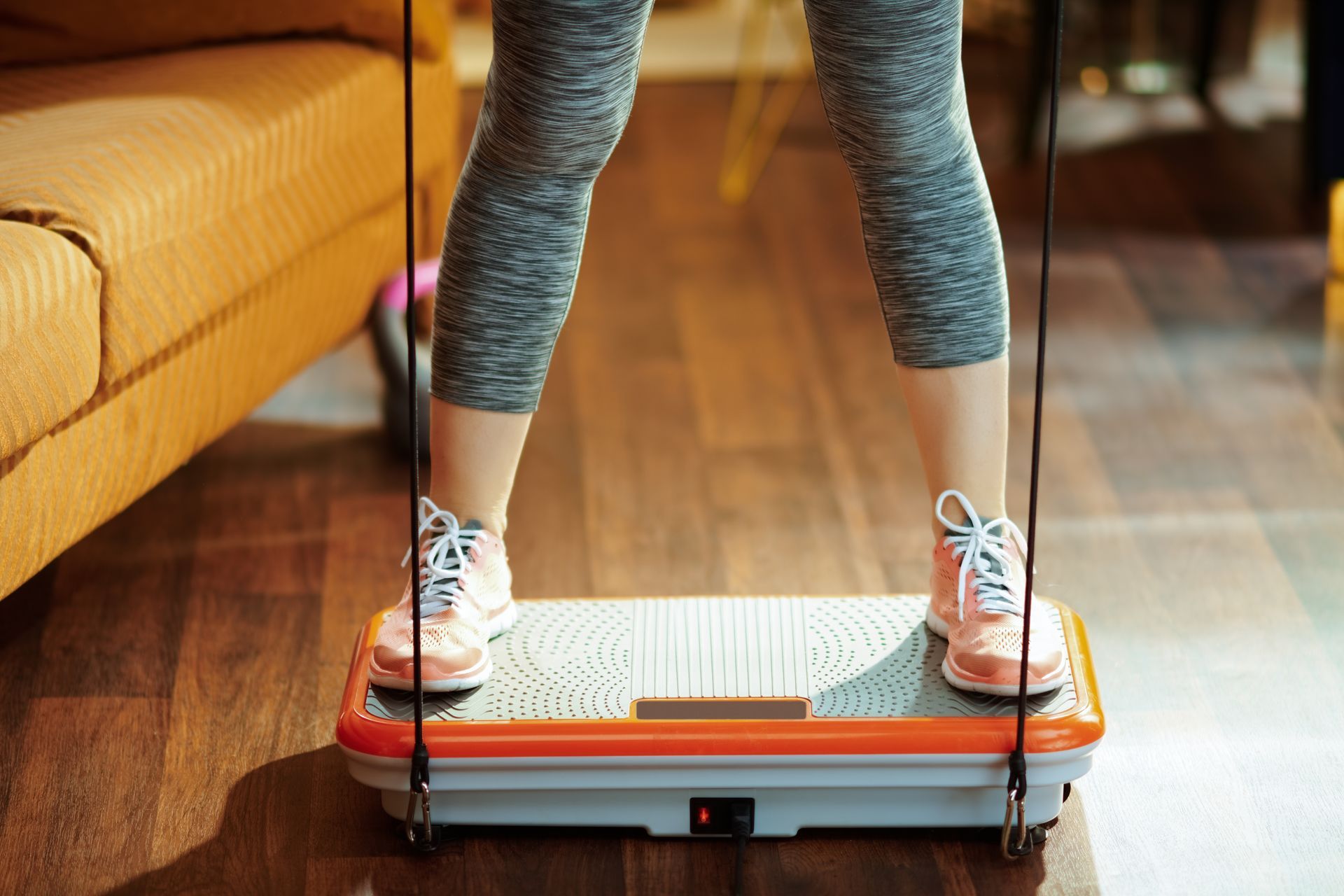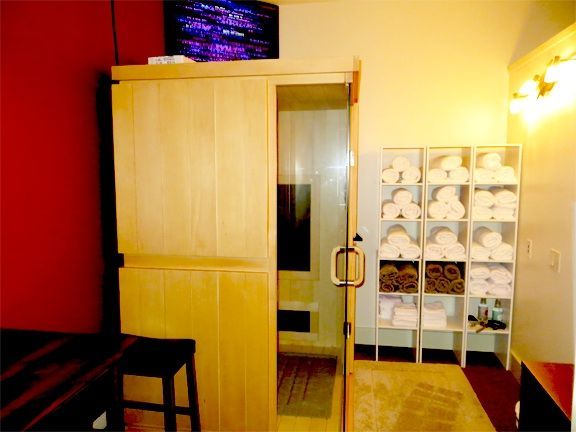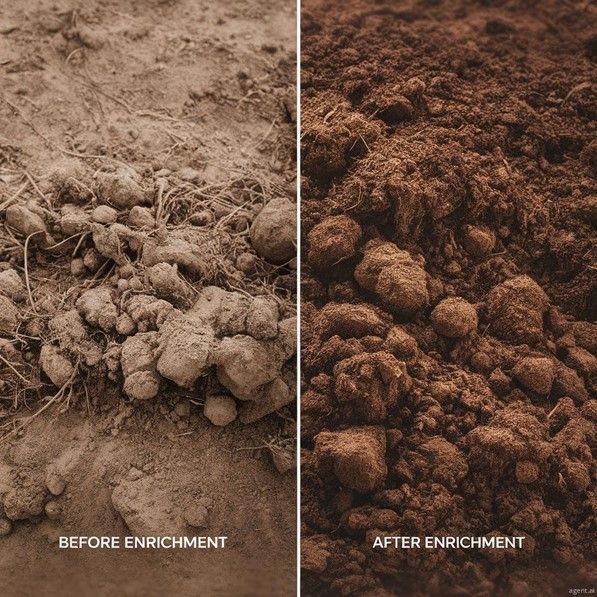Constipation, Gas, and Bloating: Why Your Liver May Be to Blame
Marsha Sakamaki • November 20, 2024
Short notes on health, aging, and prevention.
No noise. No selling. Ever.
Uncover the Surprising Link Between Liver Health and Your Gut Troubles

Introduction
Are you struggling with constipation, gas, or a bloated belly? While these symptoms often seem tied to digestive issues, the root cause may actually lie in a different part of your body—your liver.
Did you know? Up to 25% of adults globally have some degree of fatty liver disease—and most don’t even realize it. A struggling liver can quietly wreak havoc on your digestion, metabolism, and energy levels.
Your liver is a powerhouse organ, essential for detoxification, hormone regulation, and maintaining balance in your body. When it’s under stress or overwhelmed, the effects can ripple throughout your system, including your gut. Let’s explore how liver health connects to digestive discomfort and what you can do about it.
The Liver-Gut Connection
The liver and gut are deeply intertwined, both physically and functionally. One of the liver’s primary jobs is detoxification—filtering out harmful substances from the blood, including chemicals, pollutants, and byproducts of metabolism.
Your liver filters over 500 different toxins every single day. From pesticides in food to chemicals in personal care products, it’s fighting a toxic battle—and if it loses, your digestion might pay the price.
When your liver becomes sluggish or overloaded with toxins, it can disrupt the balance of your gut microbiome. This imbalance can lead to:
- Constipation: A slower detox process may reduce bile production, making digestion harder.
- Bloating and gas: Toxin overload can irritate the gut lining and lead to inflammation.
- Diarrhea: Your body’s attempt to expel harmful substances quickly.
“A toxic liver can disrupt the balance of over 100 trillion microorganisms in your gut,” leading to uncomfortable symptoms that may persist despite common treatments.
Hidden Liver Issues: Why Lab Tests Aren’t Enough
Many people assume their liver is fine if their routine blood tests come back normal. However, not all liver issues are detectable this way.
For instance, non-alcoholic fatty liver disease (NAFLD), a condition affecting nearly 100 million Americans, often shows no symptoms. It can develop silently over time due to factors like poor diet, lack of exercise, and exposure to toxins.
Fatty liver is one of the fastest-growing liver conditions, now affecting 1 in 4 Americans. Even more concerning? Many cases show no symptoms until severe damage has already occurred.
You don’t need an advanced liver condition for your digestion to suffer. Even minor inefficiencies in detoxification can create a toxic buildup that affects your gut health.
Top Causes of Liver Stress
Modern life is full of challenges for your liver. Common culprits include:
- Environmental toxins: Found in water, food, and air (e.g., pesticides, BPA, heavy metals).
- Processed foods: High in sugar, unhealthy fats, and additives that strain the liver.
- Alcohol and caffeine: Both can overwork the liver if consumed excessively.
- Chronic stress: Stress hormones can impact liver function over time.
How to Support Your Liver—and Your Gut
The good news? Supporting your liver doesn’t have to be complicated. Here are some effective, research-backed strategies to help your liver function optimally and reduce digestive distress:
- Drink Filtered Water
Hydration is key for liver detoxification, but toxins in unfiltered water can add to the liver’s workload. Use a high-quality water filter to reduce exposure to heavy metals and contaminants. - Eat More Potassium-Rich Foods
Potassium helps reduce fatty deposits in the liver. Incorporate foods like sweet potatoes, bananas, spinach, and avocados into your diet. - Prioritize Cruciferous Vegetables
Broccoli, kale, and cauliflower contain compounds that boost liver enzyme activity, aiding detoxification. - Studies show that eating just one cup of cruciferous vegetables daily can activate liver detox enzymes, reducing toxin buildup and improving digestion.
- Limit Inflammatory Foods
Reduce your intake of processed foods, refined sugar, alcohol, and caffeine. These substances not only harm the liver but also inflame the gut lining, leading to leaky gut and digestive issues. - Incorporate Gentle Detox Practices
Regular practices like dry brushing, infrared sauna sessions, or even intermittent fasting can support the liver’s detox pathways.
When to Seek Help
If your digestive symptoms persist despite lifestyle changes, it may be time to consult a healthcare professional. They can evaluate your liver health more comprehensively and rule out underlying conditions like fatty liver disease or gallbladder dysfunction.
Conclusion
Your liver plays a crucial but often overlooked role in your digestive health. By reducing its toxic burden and supporting its natural detox processes, you may find relief from constipation, gas, and bloating—and improve your overall well-being in the process.
Remember, small changes in your diet and lifestyle can make a big difference. Start with the tips above and give your liver—and your gut—the care they deserve.











